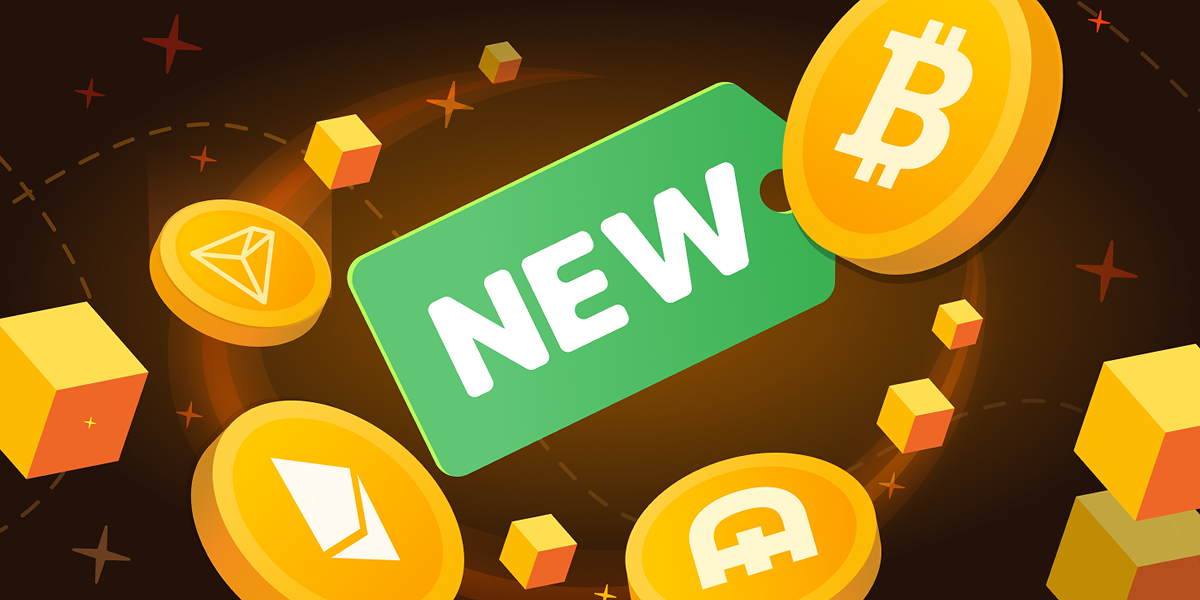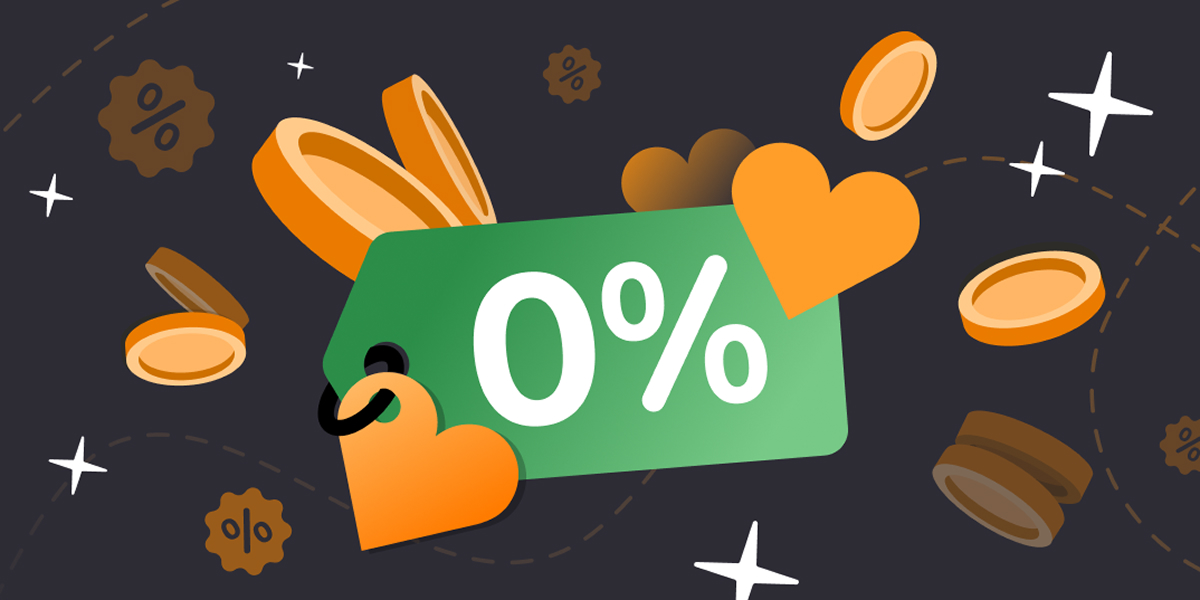NC Wallet News
View allETH, smart contracts, NFT
What is Ethereum?

Ethereum is a blockchain of the second generation and a giant ecosystem on which other networks and projects are built. Its main innovation is the ability to perform so-called smart contracts. In this article, we will consider what makes them “smart” and how Ethereum works.
The earlier blockchains (Bitcoin) were initially designed only for cryptocurrency transactions. Ethereum has introduced new technologies allowing it to build different applications and enabled “smart contracts” on the base of the network. In these contracts, the terms between a buyer and a seller are encoded into lines of code. When all the conditions are met and the transaction fee is paid, a “digital contract” executes itself automatically.
Another innovation of the Ethereum Network is that it allows anyone to create tokens on its basis. Plenty of well-known currencies are made using Ethereum-based standards, for example, ERC-20: Tether USD, USD Coin, Shiba Inu, etc. The network also has become the groundwork for different applications: games, social networks, music streaming platforms, decentralised finance apps, etc.

Talking of Ethereum, it’s impossible not to mention NFT (non-fungible tokens). NFT is a digital asset that links ownership to unique digital or physical items: from pixel art to yachts. They are also created with the help of smart contracts.
Foundation and “Merge”
Ethereum was launched in 2013. It was created as a network working on Proof-of-Work (PoW) algorithm. Another milestone in its history is known as Merge. It took place in 2022 when Ethereum transitioned from a mining-based proof-of-work (PoW) blockchain to a more energy-efficient and faster proof-of-stake (PoS) network.
How Does Ethereum Work?
As we mentioned earlier, Ethereum works on the Proof-of-Stake algorithm. Instead of miners, PoS uses validators to verify transactions. To become a validator, one should stake a certain amount of crypto funds (in the case of Ethereum — ETH). The network chooses validators randomly but the probability to get the right to validate the blocks increases accordingly to the number of assets. The validators are rewarded with a percentage of transaction fees.
Ethereum Currency
The native cryptocurrency of the platform is Ether (ETH, sign: Ξ). ETH can be divided into smaller units known as wei:
1 wei = 0.000000000000000001 ETH
The Ethereum ecosystem is huge, and ETH is widely used for paying fees, making purchases in applications and projects built on top of it, and dealing with NFTs. Moreover, some crypto projects back their tokens with ETH locked on the original Ethereum chain.
Ethereum plays an important role in the crypto space and gives a lot of opportunities. Take your chance and remember to spread the word about it!

Recently Added

Exchange crypto without fees

4 more coins on Binance network


 en
en de
de
 fr
fr
 es
es
 it
it
 ru
ru
 pt
pt